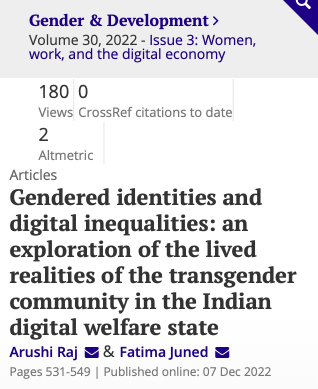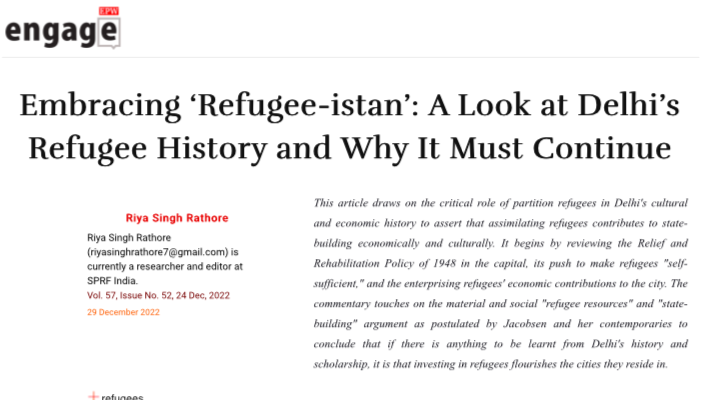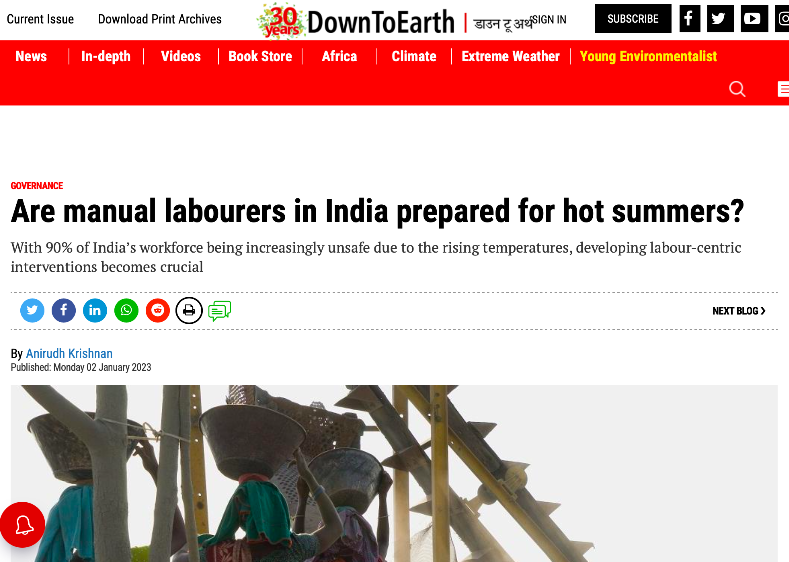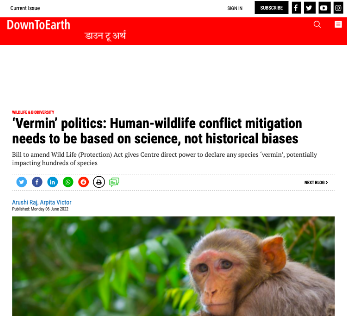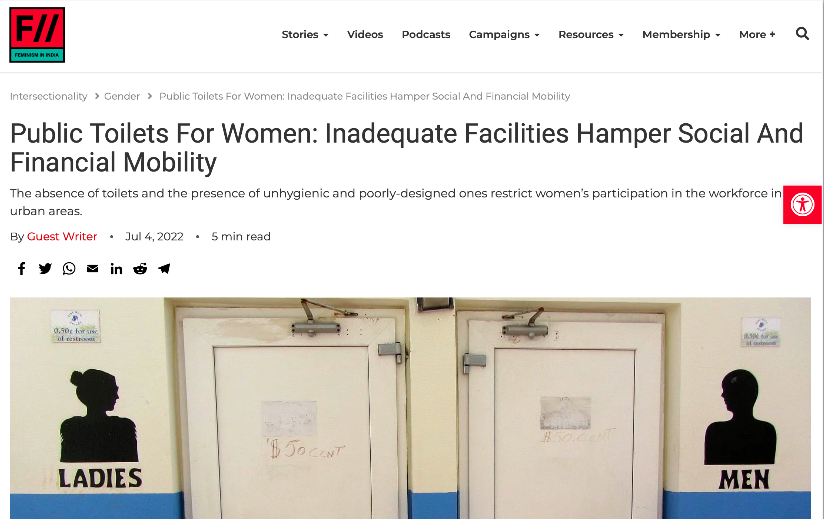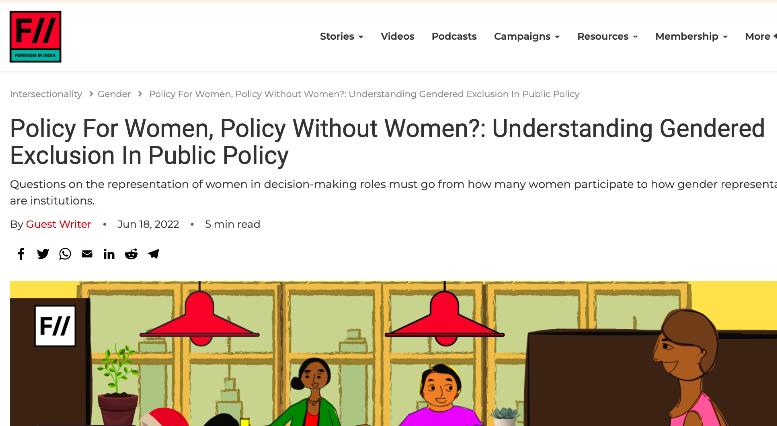Social Policy Research Foundation
Bridging academic research and public policy
What we do
We monitor and evaluate
policy progress and pitfalls.
Our work engages with and encourages youth to ask relevant questions, backed by fact and not steered by opinion.
SPRF Research
Research Publications
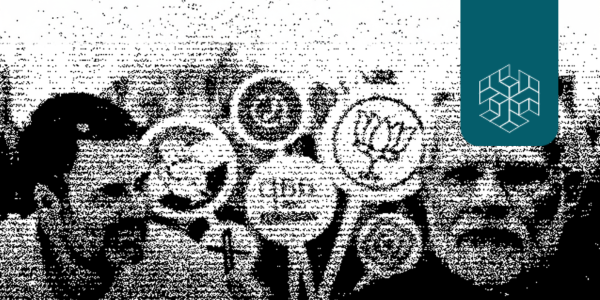
Social Media As An Emerging Theatre Of Fierce Political Contest: Insights From The 2024 Indian General Elections
Author: Yashoroop Dey The 2024 Indian general elections was the largest, and...
Read More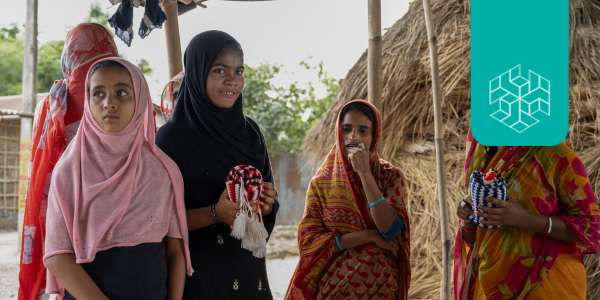
Kheta: Weaving a Tale of Women Empowerment, Kinship, and Inheritance
Figure 1. Pan Phool Kheta pattern. Kheta embroidery is a kind of...
Read More
Decoding the Gender Budget and Its True Gains for 'Naari Shakti’
Author: Rihan Shareef and Soumya Singhal Most discussions surrounding ‘Naari Shakti’ (women’s...
Read More
New Mineral Exploration Licensing: Impacts and Challenges of the Private Sector
Author: Anusha Arif Background Mineral exploration and identification play an important role...
Read More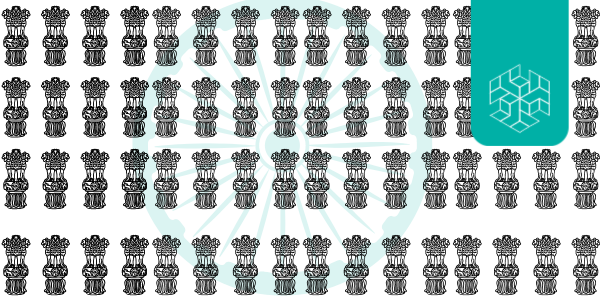
Reforming India's Bureaucratic Backbone: Need for UPSC Recruitment Overhaul
Author : Varada Marathe Introduction The Union Public Service Commission (UPSC) is...
Read More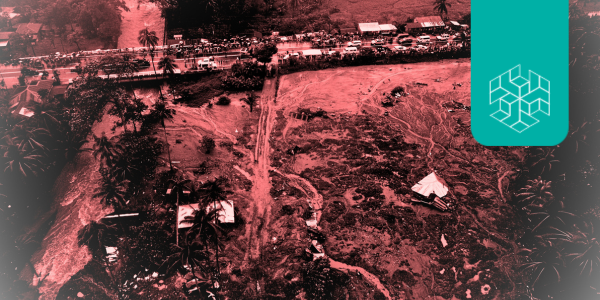
Unravelling the Threat: Rising Climate Risks and Landslides in India
Author: Anusha Arif The technology to map landslides for India has previously...
Read More
सीआरपीसी के तहत मुस्लिम महिलाएं भी भरण-पोषण की हकदार
विवेक वार्ष्णेय सुप्रीम कोर्ट के मुस्लिम महिलाओं की गरिमा और समाज में...
Read More
Towards Enhanced Security: Proposing a Himalayan Guard for India
Author : Varada Marathe Geopolitical and Strategic Significance of the Himalayas Stretching...
Read More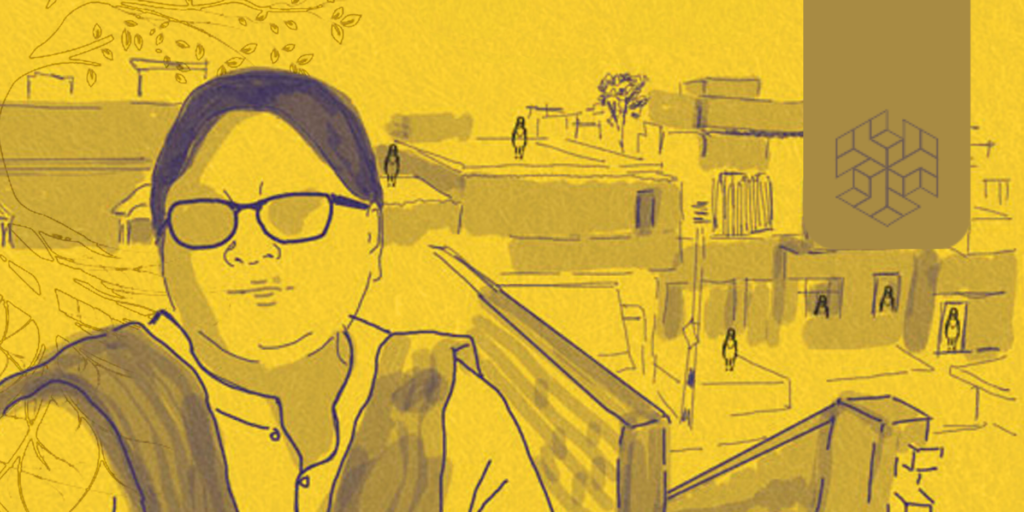
The Grassroot Women Leaders Project
Throughout India, there are several instances of women leaders at the margins-...
Read More
Period Poverty and Public Policy: Challenges and Solutions
Author: Aneysha Roy Introduction Menstruation is an integral part of the lives...
Read More
Shadows in the Margins: A Look at Trafficking among India’s Vulnerable Communities
Author : Anusha Arif Background The National Human Trafficking Awareness Day 2024...
Read More
New Thermal Power Plants: What about India’s Promise to Diminish Coal Dependence?
Author: Anusha Arif Amidst international pressure for a large-scale shift from coal,...
Read More
Mahadayi Water Dispute: A Perplexing Question of Freshwater Needs
Author: Varada Marathe Inter-state water disputes pose complex challenges, intertwining the needs...
Read More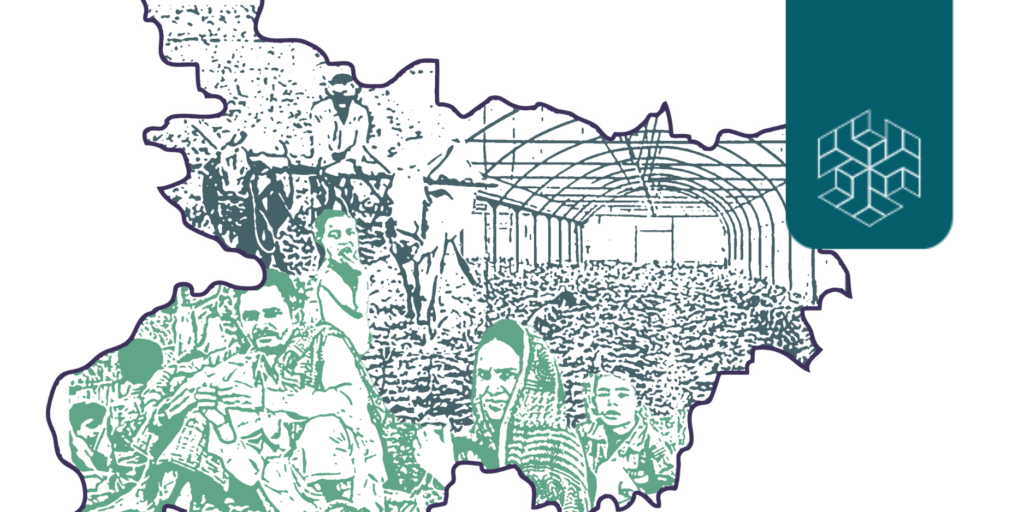
Economic Transformation in Bihar: Challenges, Progress, and Prospects
Author: Saagen Soren Introduction During the 1980s and 90s, Bihar's economy experienced...
Read More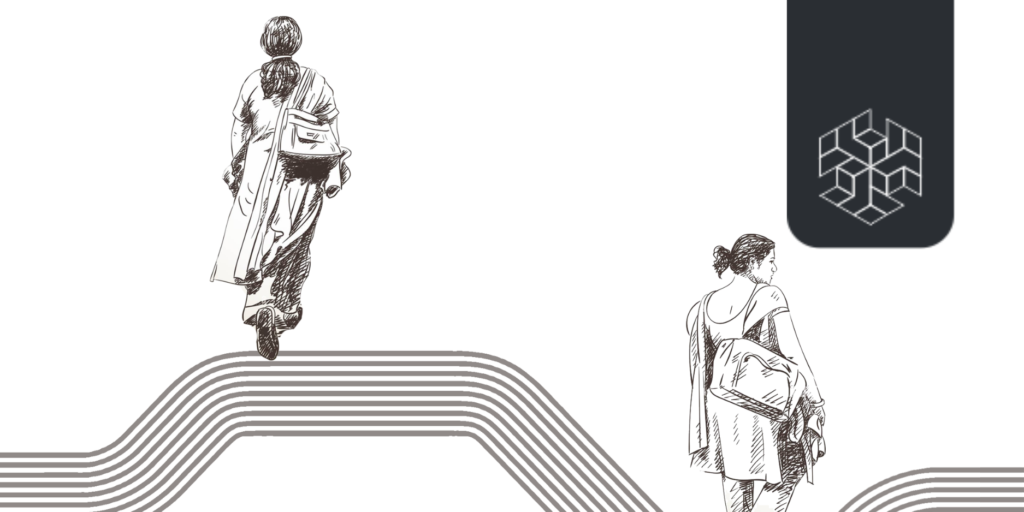
Women’s Mobility and Public Transportation: How Gendered is Movement in Urban India?
Author: Aneysha Roy Introduction The social and economic emancipation of women cannot...
Read MoreSPRF Research
Podcasts

Policy Room
Methodological and engaging conversations with stalwarts on pressing policy issues. Policy Room discusses and reflects with field experts in stand-alone podcast episodes.

Hear Here!
Hear Here! brings to you enriching policy discussions on a diverse set of SPRF’s publications with their authors, along with interesting policy discussions and really good bad-jokes.

Policy in Practice
Policy in Practice highlights grassroots research initiatives nationwide; exploring the work of committed researchers operating within various communities, spanning cities, towns, and districts.
SPRF Research
Trackers
SPRF
Scheme Tracker
A bird’s eye view of the latest progress and implementation of various government schemes.
SPRF
Freedom Indices Project
A comparative analysis of the freedom rankings of South Asian countries across realms such as press freedom, democracy and others.
SPRF
Grassroots Women Leaders
Highlighting women’s achievements through a list of leaders doing impactful grassroots work across eight different sectors.
SPRF
Gender Responsiveness Tracker
Gauging the gender mainstreaming within current development policies in India using a 5-point Gender Responsive Assessment Scale developed by the WHO.
Support SPRF's work here
SPRF believes in democratising policy research. An important part of this is our commitment to not keeping our research behind paywalls. Support us in this endeavour.
SPRF Bulletin

